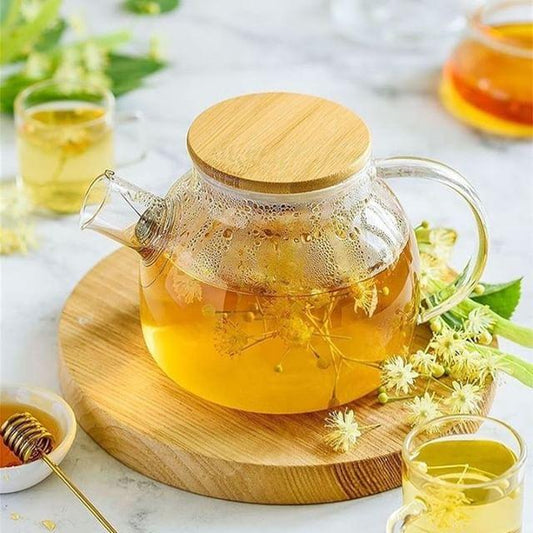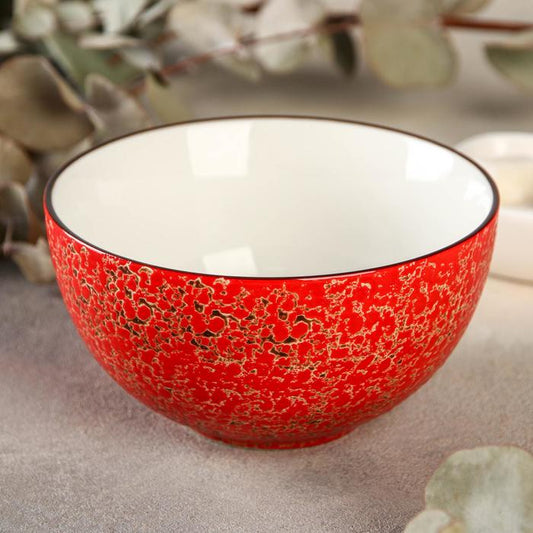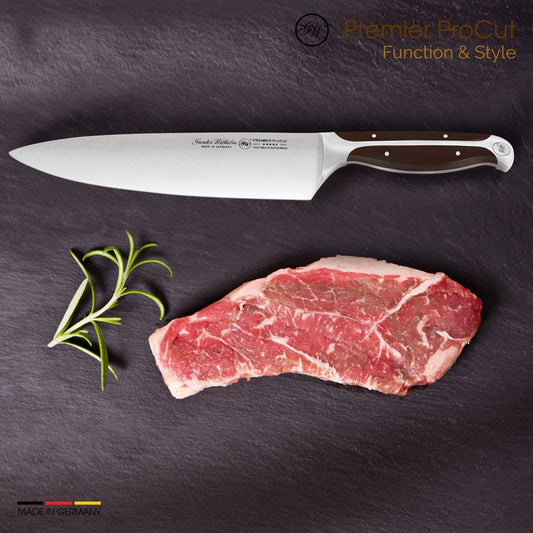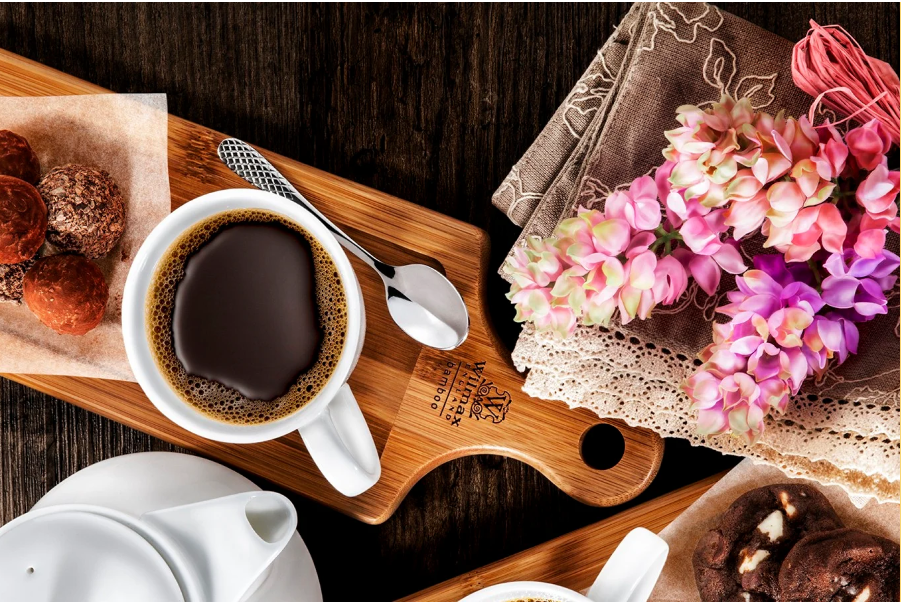The Art of Bento: Creative and Balanced Japanese Lunches

The Art of Bento: Creative and Balanced Japanese Lunches
The bento box, a staple of Japanese cuisine, is more than just a lunch container—it's a reflection of creativity, balance, and thoughtful preparation. Rooted in centuries of tradition, bento embodies the Japanese principle of washoku (harmony of food) by combining taste, appearance, and nutrition in every meal. Whether you're packing lunch for work, school, or a picnic, the art of bento can transform an ordinary meal into a delightful experience.
The Anatomy of a Bento Box
A traditional bento box includes a variety of foods thoughtfully arranged to create a visually appealing and nutritionally balanced meal. Here’s what you’ll typically find in a classic bento:
- Rice or Carbohydrates: Usually the largest portion, rice serves as the base. Sometimes it's shaped into onigiri (rice balls) or topped with sesame seeds or pickled plum (umeboshi).
- Protein: Grilled fish, chicken, tamagoyaki (rolled omelet), or tofu provide the necessary protein.
- Vegetables: A mix of steamed, pickled, or raw vegetables adds color and nutrition.
- Fruits: Seasonal fruits like orange slices, strawberries, or grapes serve as a sweet touch.
- Extras: Small portions of pickles, seaweed salad, or decorative garnishes elevate the presentation.
The Principles of Bento Making
Creating a bento isn’t just about stuffing food into a box—it’s about balancing taste, texture, and nutrition while ensuring an eye-catching presentation. Here are some guiding principles:
- Balance in Nutrition: Aim for a 4:2:1 ratio of carbohydrates, proteins, and vegetables. This ensures that the meal is both satisfying and nutritious.
- Colorful Palette: Use a variety of colorful ingredients like red tomatoes, yellow bell peppers, green broccoli, and purple eggplant. Vibrancy is key to making the bento visually appealing.
- Variety in Texture: Incorporate crunchy, soft, chewy, and crispy elements to keep the meal interesting.
- Compact Design: Pack the food tightly to prevent it from moving or mixing during transport.
Tools for Bento Creation
Having the right tools can make bento preparation easier and more fun:
- Bento Boxes: Available in various sizes and compartments, from minimalist designs to playful shapes for kids.
- Food Cutters: Shape vegetables or cheese into flowers, stars, or other fun designs.
- Silicone Cups: Separate different foods to maintain flavors.
- Decorative Picks: Add whimsy and flair to your presentation.
Creative Bento Ideas
1. Traditional Japanese Bento
- Main: Teriyaki salmon.
- Side: Steamed edamame, pickled radish (tsukemono), and tamagoyaki.
- Dessert: A small portion of fresh melon.
2. Cute Character Bento
- Main: Rice shaped into animal faces, decorated with seaweed and vegetables.
- Side: Mini sausages cut into octopus shapes, cherry tomatoes, and cheese cubes.
- Dessert: Slices of apple carved into bunny shapes.
3. Modern Fusion Bento
- Main: Quinoa salad with grilled chicken.
- Side: Roasted sweet potato cubes and sautéed spinach.
- Dessert: Dark chocolate-covered almonds.
Bento as a Lifestyle
The process of making bento encourages mindfulness and care. It’s an opportunity to think about the recipient's tastes and nutritional needs, making it a gesture of love and consideration. In Japan, it’s common for parents to craft beautiful and elaborate bentos for their children, reflecting the care they put into their well-being.
Conclusion
The art of bento is about more than food—it’s about creating a meal that nourishes the body, pleases the eye, and warms the heart. By embracing the principles of balance, creativity, and care, anyone can enjoy the delightful world of bento-making. So why not start your bento journey today? It’s a fun, artistic, and rewarding way to elevate your everyday meals.
Share:





